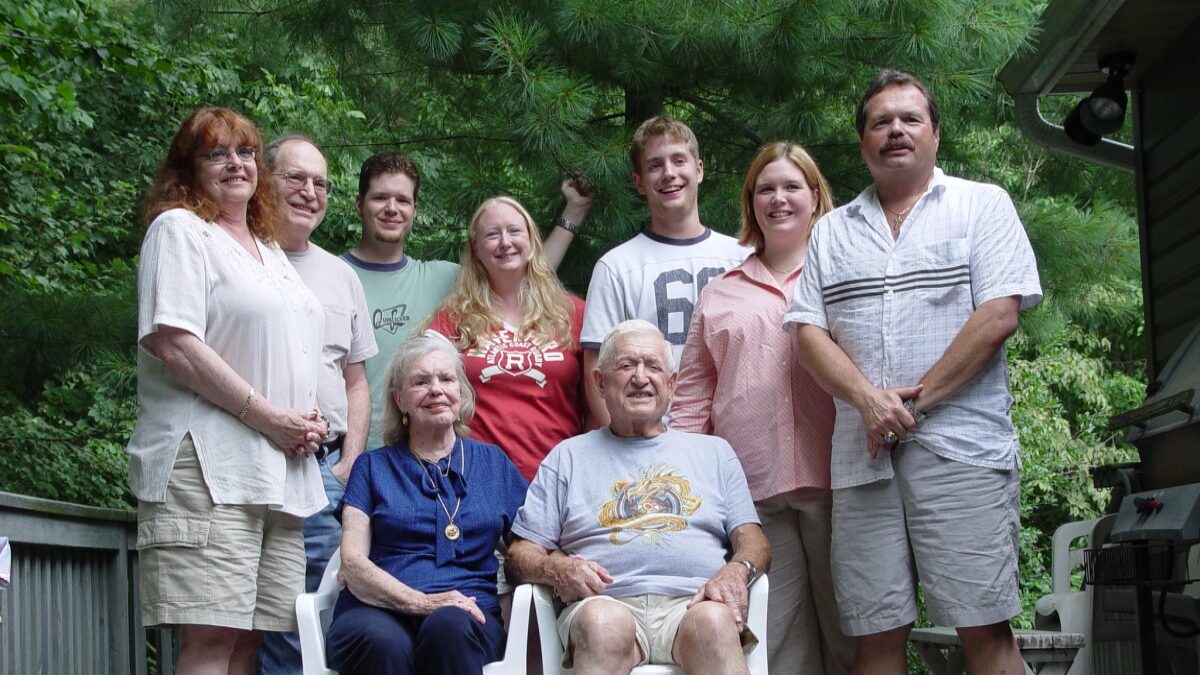
I don’t like how we talk about privilege. We’re always asking people to apologize for it: “Please excuse my privilege.” You’d think privilege was an annoyance, a bad thing that disrupts an otherwise equitable society. People who speak of privilege in this way have, I believe, good intent. They are certainly right about the injustices created in society. The goal of deprecating privilege is to let people know that there are people out there—a lot of people—who don’t have it so easy. And that’s a good message.
There are a lot of CEOs out there making a lot of money. And for each one, there’s a thousand other people who are just as smart, maybe smarter, who could do the job just as well, maybe better. So how do some people get on top? It’s not just because they’re the best for the job.
From what I can tell, there are three things that get someone to that spot: personal virtue, luck, and privilege.
Here Are the Three Ingredients for Success
Personal virtue describes the intelligence, social graces, skills, and all other traits that someone brings to the table. Of course, even these “natural skills” can be amplified or negated based on the other two aspects of success. The second aspect is luck: being at the right place at the right time. Malcom Gladwell has famously described how Bill Gates was the right age, with the right skills, at the right place when the personal computer revolution took off.
The last factor is privilege. Bill Gates was the son of a wealthy lawyer father and banker mother. He also attended a prestigious private school. You can have all the brains in the world, but if you’re stuck at a dead-end job paying your parent’s medical bills, you’re probably not going to be the next Bill Gates. Privilege is the reality that people don’t normally succeed alone, and not usually on their first try. People succeed because they get help—because someone at some point tips the scale.
But what is the mechanism for this? Who are the people responsible for inequitable treatment? I think when it comes down to it, when we talk about privilege, we are usually talking about parents who try to help their children succeed. They provide safe homes, teach their children social skills, ingratiate them with valuable connections, and submerge them in a culture in which they will learn how to get to and through college, and into the workplace. Of course, it’s more than a one generation phenomena. Parents are enabled to privilege their children in part because of the privileges they themselves have received. Privilege moves from parent to child from generation to generation. And the web gets very thick. But at its heart, privilege is family.
Privilege Actually Starts with Romance
That’s why almost every utopian experiment has attempted to regulate the family. A recent article in The New Yorker by Akash Kapur suggested that “the urge to procreate and nurture a family has proved to be one reliable trip wire” for successful utopias. The thing is that when a man and woman love each other, they begin to privilege each other. Not only does a man have a special affinity for one woman over and above the others, but that man will want an exclusive relationship. He will begin to feel jealous of other men sleeping with that woman. The same is true for the woman. That is the beginning of inequality. Privilege begins with romance: choosing one person over another. Then comes family and, if unchecked, aristocracy.
To avoid the unwanted baggage of privilege, several utopian experiments like Oneidans have attempted to communalize sex so that “private ties” would not trump “communal solidarity.” But the inevitable result is that people are not satisfied with the communal arrangement. They want privileges. Eventually, communal solidarity seems like an empty, meaningless, and unnatural replacement for romance.
To love collectively is not the same as to love individually. Collective love is initially much easier, but ultimately less fulfilling. It is easy to feel wave after wave of generalized love for all mankind, but such love lacks substance. It exists nowhere but in our imagination. The problem is that you cannot make love with humanity. You cannot enjoy a dinner, or watch a show, or tell a joke, or get to know the idiosyncrasies of humanity. We are never confronted with humanity except in the form of individuals. And it is on the individual level that our love is tested, stretched, enhanced, and deepened.
What Would a World Without Privilege Look Like?
If Oneidans believed, as Akash Kapur suggests, that the best way to insure communal love was to destroy private ties, then they were right. When we love humanity in general it often replaces our love for actual individuals. In a marvelously revealing moment in Dostoevsky’s “The Brothers Karamazov,” Father Zosima says, “The more I love humanity in general the less I love man in particular … the more I hate men individually the more I love humanity.”
Imagine a world without privilege. Instead of helping children through school, parents donate large portions of their income to the general education fund for all children. Rather than a willful contribution, education becomes a mandatory tax. Parents no longer struggle for the success of their children. Instead, money is taken from them to support paid professionals in helping children succeed (but this time with no bias). And these disinterested professionals can finally give the children the fair and equal treatment they deserve. The children succeed and fail based on their own intelligence, and not because they have someone pulling for them. No one succeeds beyond their natural abilities. And the parents, rather than having a single child to worry about, own a tiny fraction of the stock of all children. Would such an economy survive? Prosper?
I doubt it. And not because people aren’t good enough for such a society, but that such a society isn’t good enough for people. We need privilege, as strange as that may sound. We need special people with special places in our lives where we can love not vague ideas but actualities. We need to struggle to raise a child, not send them off to a boarding school or government surrogate. We need committed, privileged relationships—not orgies or open relationships.
The Problem With Our Society Isn’t Privilege
The problem with the world is not privilege. I am sure we are better off with privilege than we would be without it. We are better off with parents personally invested in the success of their children than we are with a generalized, government-run school system where everyone gets a “fair shot.” There’s a reason this sounds like the dystopian novel you just finished.
But the value of privilege does not negate the cost. The cost is inequality. There are people who don’t have a chance to live up to their potential. So what’s the answer? I don’t think it’s disparaging the parents who help other children succeed. It’s not getting people to apologize for all the people who have helped them along the way. Since a family can raise children and help them succeed, things are working. That doesn’t need to be fixed. What needs to be fixed is what is left behind.
Government intervention has its place. But I don’t think the solutions will come through massive government programs (normally instituted through the school system). These more or less act as family surrogates—surrogates that create monster monocultures.
Instead, I think we should consider enlarging the borders of successful families. Rather than another lackluster, utopian attempt at communal solidarity, why don’t we consider ways to promote and expand private ties?
How to Cultivate the Power of Private Ties
If we accept family and even privilege as a desirable outcome, we can imagine solutions that engage, expand, and rely upon family engagement rather than circumvent it. We can imagine a world where aunts and uncles feel responsible to get nieces and nephews through college. Encouraging broader family responsibilities would ensure more help and more role models for currently underserved children.
And then there is marriage. Marriage has long been the beginning of privilege, and the method whereby privilege is expanded as a family adopts new in-laws and new familial responsibilities. Marriage knits families together—and can just as easily break down racial discrimination and economic inequality as perpetuate it. It just depends on who is marrying who.
I am not suggesting that the government should get entangled in the business of families. But why not pool resources towards promoting successful families? Why not focus on promoting healthy family habits: like offering tax breaks for businesses that have shorter workdays, so parents can spend more time with children? Why not use money that is trying to replace families with programs meant to support, expand, and repair them?
I believe we’ll serve more people by embracing and expanding privilege rather than overcoming it.









